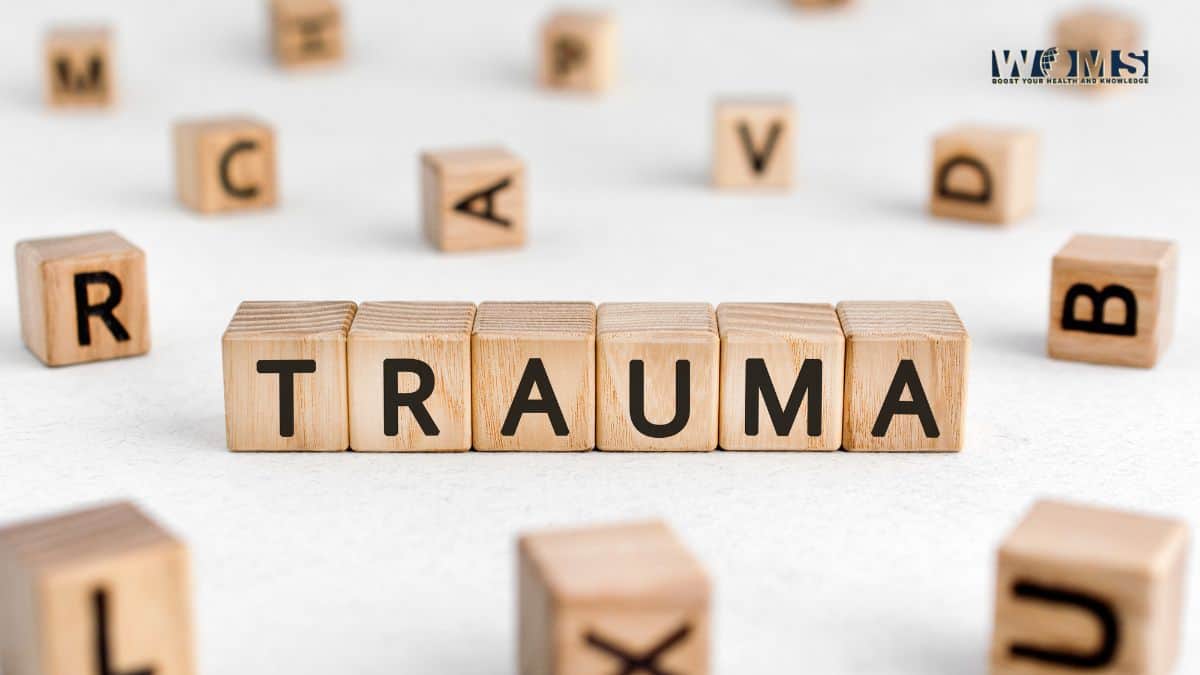3 Types of Trauma You May Experience In Lifetime

Trauma can happen to anyone, and it can feel like it’s impossible to recover from, but that’s not true. It happens when a person experiences an event that causes severe stress or anxiety. This feeling makes it hard to function in your daily life afterward. You deserve to be happy, and trauma isn’t something you should have to endure anymore. There are several types of trauma, which we shall cover below.
What is trauma?
Trauma is a deeply distressing or disturbing experience. It may be something that happened to you or something that you witnessed. Traumas can have physical, emotional, and psychological effects. They can also lead to Post-Traumatic Stress Disorder (PTSD). PTSD is a type of anxiety disorder that develops after you experience or witness a life-threatening event. It causes changes in your thoughts and feelings. These symptoms can be triggered by things that remind you of your trauma.
People with PTSD may feel stressed, frightened, sad, angry, or confused for extended periods following their trauma. Eventually, you might need trauma counseling to help you process what happened.
Types of trauma
There are three types of trauma that you may experience in your lifetime. They are:
Acute stress disorder
Acute trauma originates from a single, short-term event. It lasts for less than a month and does not develop into a full-blown mental illness such as PTSD or major depression. As the name suggests, it is an immediate response to a traumatic event and can occur at any age or stage of life, even in children under ten years old. Symptoms include difficulty sleeping, irritability, hyperactivity, loss of appetite and concentration difficulties. The most common treatment involves psychotherapy, where talking about the event often helps reduce symptoms.
Chronic trauma
Chronic trauma refers to repeated exposure to stressful events over a long time. These events may be childhood abuse, car accidents, witnessing violence, experiencing racism or poverty and many other scenarios. The most common mental illnesses associated with chronic stress are depression and PTSD. However, some people develop alcohol or drug dependence instead.
Complex trauma
This form of trauma is caused by one or more experiences that involve abuse, neglect and interpersonal traumas such as child sexual assault, domestic violence, natural disasters etc. Children raised in abusive homes are more likely to become involved in crime later in life. Adults diagnosed with depression are five times more likely to abuse drugs or alcohol. One-third of homeless people have PTSD from past events such as sexual or physical abuse.
The role of trauma counseling in dealing with traumas
Trauma counseling can be important in helping people who have experienced trauma. It can help them understand and process their experiences and provide a space for them to talk about what happened. Counselors can also help people develop coping skills and build resilience. Research has shown that therapy is the most effective way to treat PTSD. But not everyone is ready or willing to work with a therapist – so it’s worth exploring some other options first! There are many self-help books on PTSD that offer practical guidance and support. Talking with friends or loved ones can be helpful too.
Conclusion
Though often overlooked, emotional trauma can be just as damaging as physical trauma. If you or someone you know is struggling to cope with trauma, don’t hesitate to seek help.




